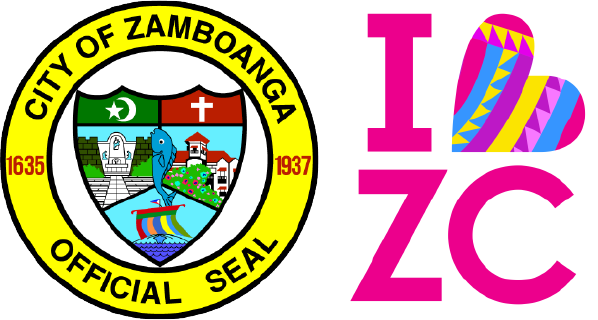Frequently Asked Questions
Vaccine benefits:
- (1) prevent symptomatic infection
- (2) prevent sever infection
- (3) prevent transmission
Herd Immunity
At least 70% of population needs to be vaccinated
Vaccines mimic the virus of bacteria that causes disease and triggers the body’s creation of antibodies.
These antibodies will provide protection once a person is infected with the actual disease-causing virus or bacteria.
The possible side effects of a vaccine include pain, redness, itchiness or swelling at the injection site (which may last a few hours); fever, feeling of weakness or fatigue, headache, dizziness, diarrhea, or nausea.
Consult the nearest healthcare professional if you experience any of these.
No, vaccine is not mandatory. But the government highly encourages the public to get vaccinated and be protected against preventable disease.
The government is currently in the advanced stages of negotiations with various vaccine manufacturers. We expect the first vaccine supply to arrive in the first quarter of 2021.
The emergency Use Authorization (EUA) is issued by the Philippine Food and Drug Administration (FDA) for drug/vaccine products at times of public health emergency.
The Philippines FDA's Center for Drug Regulation and Research (CDRR) and an Expert Panel will evaluate and ensure the safety and efficacy of the drug/vaccine before granting an EUA.
Frontline health workers, senior citizens, indigent population, and uniformed personnel are the priority groups to be vaccinated.
With the initial limited supply, frontline heath workers and uniformed personnel are prioritized since they have higher risk of exposure while on duty and to allow them to continue fulfilling their duties inboth public and private sectors. Vulnerable groups such as the elderly and the indigent population are prioritized guided by the principle of equity.
No, you cannot purchase COVID-19 vaccines from private clinics or pharmacies. At present, only the government is duly authorized to procure and administer vaccines. Until an emergency Use Authorization or a full market authorization is issued by the Philippine FDA, any COVID-19 vaccines should not be sold to the public.
The cost of vaccines for priority groups will be shouldered by the Philippine Government.
The government is continuing to ensure adequate vaccine supply for all Filipinos, including those not in the priority groups.
As with all medicines, the safety of a vaccine must be continuously monitored, even after trials and vaccine introduction.
This monitoring considers reports from several sources. Nationally, these include the people who get vaccines, parents or caregivers, and health workers. These reports are then submitted to national health authorities.
The most commonly used vaccines we have today have been in use for decades, with millions of people receiving them safely every year.
As with all medicines, every vaccine needs to go through extensive and rigorous testing before it can be introduced in a country. Once they are in use, they must be continuously monitored to make sure they are safe for the people who receive them.
